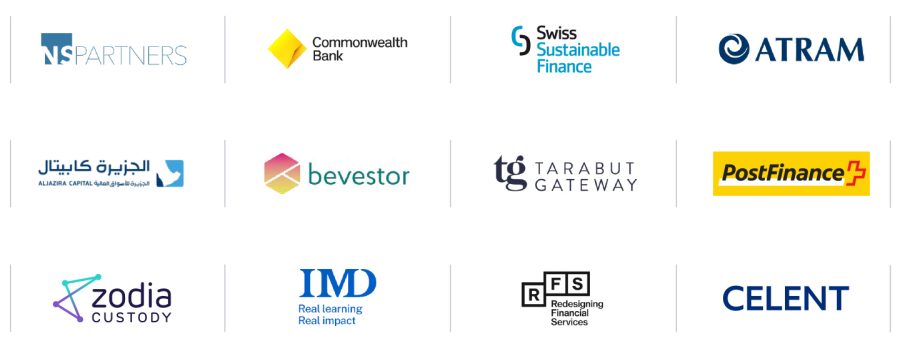A consensus emerges
The future of finance is just like the past – delivering what the market and clients need, Ali Alqaraawi of Aljazira Capita.
Future innovation is not a synonym for technology. Rightly adopted and combined into new client experiences it enables change. But ultimately its combination with social, demographic and sustainable economic needs will drive success.
Thus, the pieces focus on the demographic, macroeconomic and technological changes that will have a long-term impact on the business models behind wealth management as highlighted by Christine Schmid in her piece – The Future is now, but are you ready?
Demographic
Our world faces two big demographic changes affecting the wealth management industry.
The first is ageing populations. As populations in developed countries age, both the support ratio has decreased (number of people working to support pensions for previous generation) and life expectancy has increased. This leads to a situation where pension schemes are chronically underfunded. The future of wealth management (and well-functioning societies) depends on solving this challenge. Technology, such as AI, will help, so will business model change, especially embedded wealth management or what Celent’s Jean Sullivan calls Wealth-as-a-Service (WaaS) and whose opportunity is highlighted by Robert Ruttman in our report.
On the other end of spectrum, we have the rise of savers and mass affluence in developing countries with younger and digital native populations as well as the transfer of wealth within developed countries from one generation to the next. This creates demand for modern, scalable, automated and new advice assisted offerings for wealth management, or as Tim Delahunty of Commonwealth Bank put it:
We need to have a seamless customer journey offering to forge deeper relationship by serving customers better.
Yet it also has wider implications in terms of transparency, loyalty, and sustainable investing. As Sabine Döbeli states:
Sustainable investing will deliver on its promises of better investment performance with better outcomes for the world.
Macroeconomic
Inflation and higher interest rates are returning after a period of secular decline. This affects asset prices, yields and allocations across the board, from real estate to growth stocks to alternative investments such as collectible, and the wealth management industry needs to adapt. At the fully automated, low end of the wealth management sector, the growth of robo-advisors and passive investment products appeared at a time when savings accounts had low or even negative yields (such as in Switzerland) and as interest rate rises are passed on to retail bank deposits these products will have to evolve to differentiate…
The answer lies in continuous innovation – Carsten Kroeber.
Macroeconomic trends will affect allocations to specific asset classes, but secular trends will see short term reversals which will affect opportunities and timing to bring new wealth management products to market.

The pendulum has swung away from an imagined future of high automation to a hybrid of human and digital in concert. – Philipp Merkt
Technological
The explosive growth and rapid evolution of Artificial Intelligence delivers a technology solution that lends itself to the partial automation of high touch processes. AI driven solutions are good at the kinds of things that are perceived to be very human, vs the highly deterministic, robotic, processes driven by systems encoded in traditional software logic. This could theoretically accelerate the decline of the relationship manager in wealth management, but most commentators clearly believe it will enhance the human. Interestingly, Marco Borer calls out the need for wealth managers to prepare for more knowledgeable clients as their adoption of generative AI is likely to accelerate in his piece.
There are other technology innovations discussed by our contributors, such as the impact that crypto and fractionalized ownership could have on wealth management commented by Julian Sawyer, and many, including Patrick Firth also comment on the reinforcing role of open technologies with open banking leading to a more ecosystem-based version of wealth management. This ultimately results in a single platform approach as Deanno Basas explains for the Philippines, connecting own and third-party distribution channels. Moreover, as Amelie Janssens, opines:
The hardest challenge for financial institutions in this new paradigm shift will be cultural, not economic or technological.
The one thing that is indisputable is that the pace of change in wealth management is accelerating.
As Ian Stewart asked: Is your organization ready?
Read the full Future of Finance report here.
We extend a huge thank you to our contributors who enriched our perspective with their unique insights.
Thank you to all our contributors.






